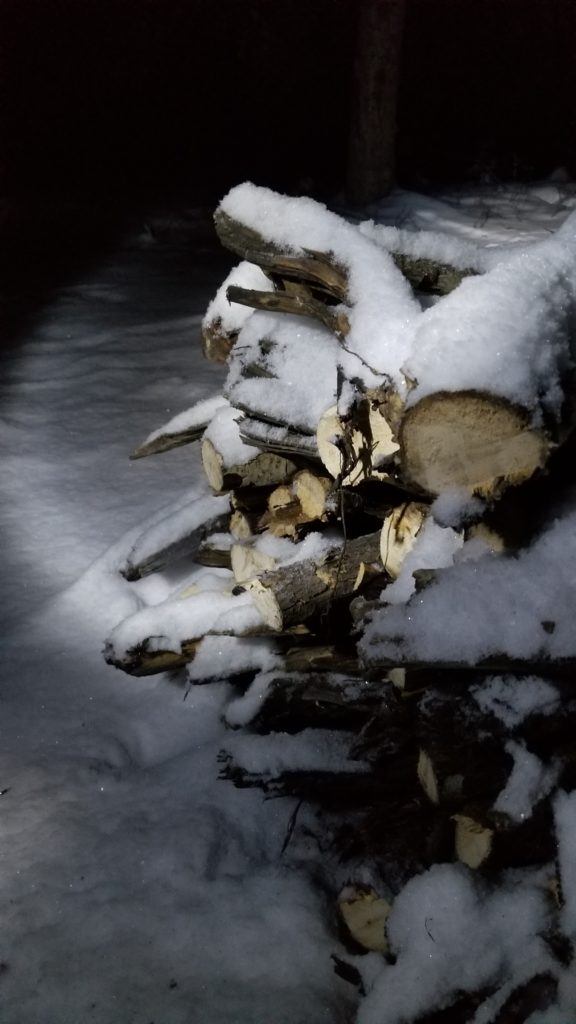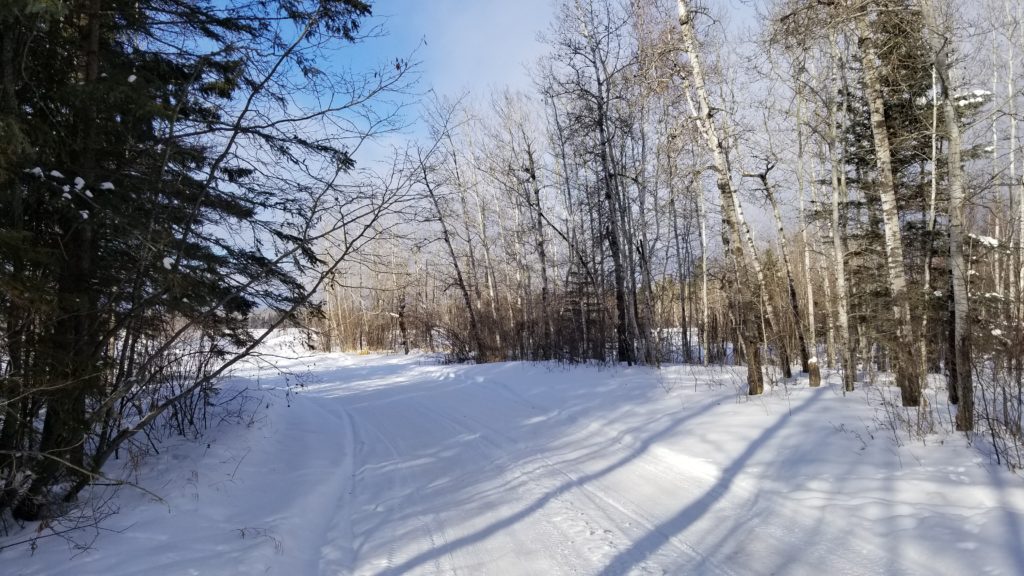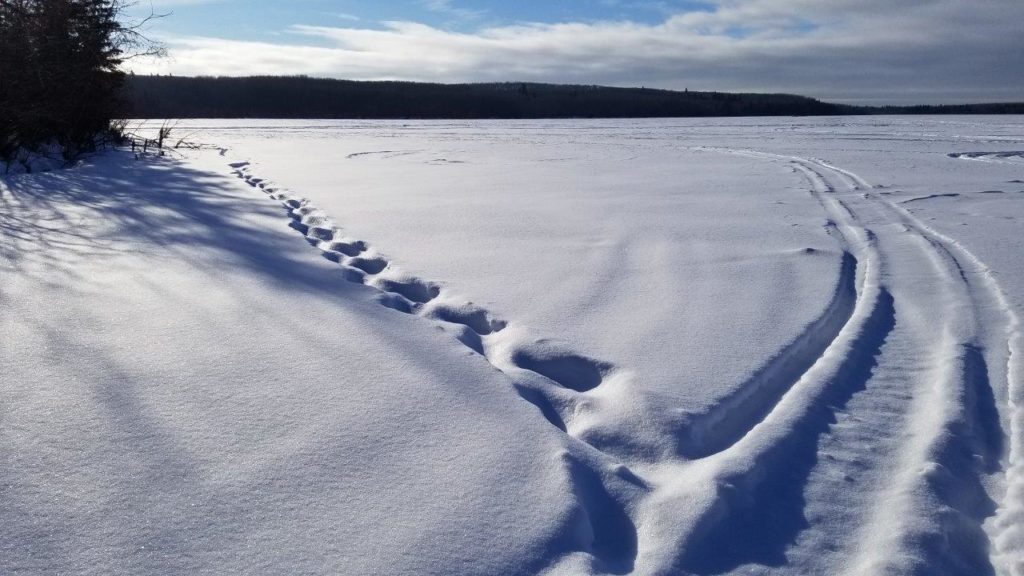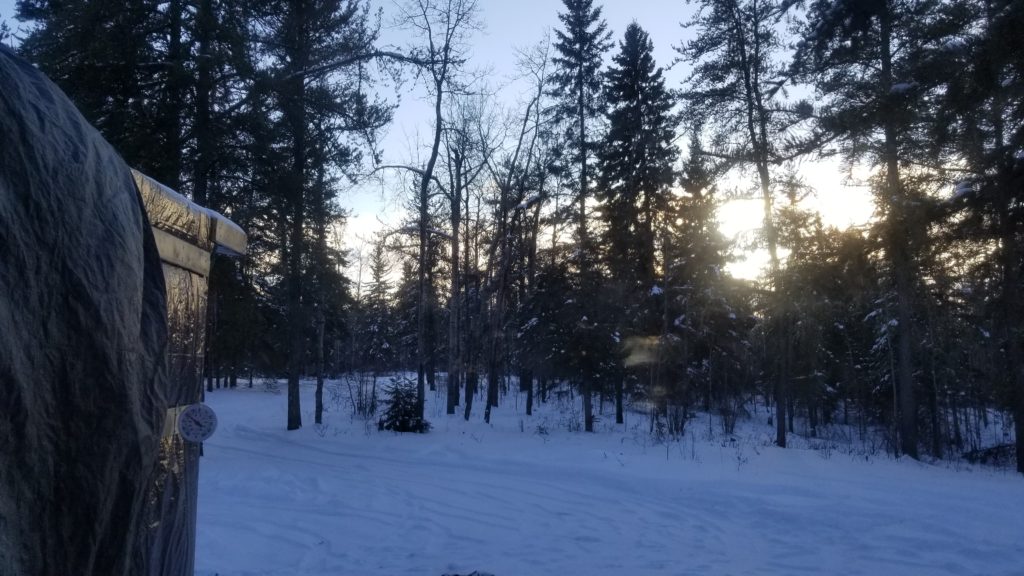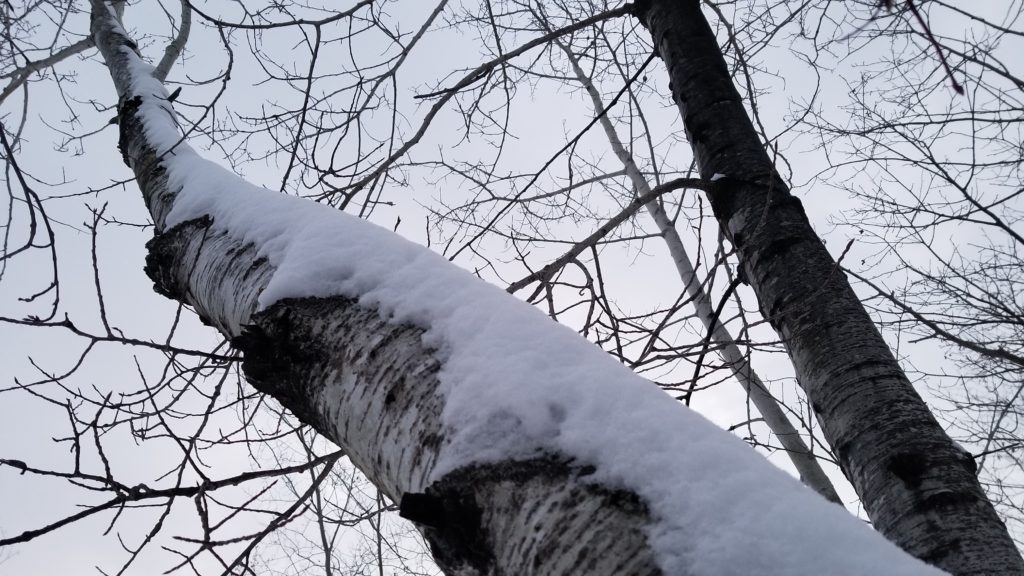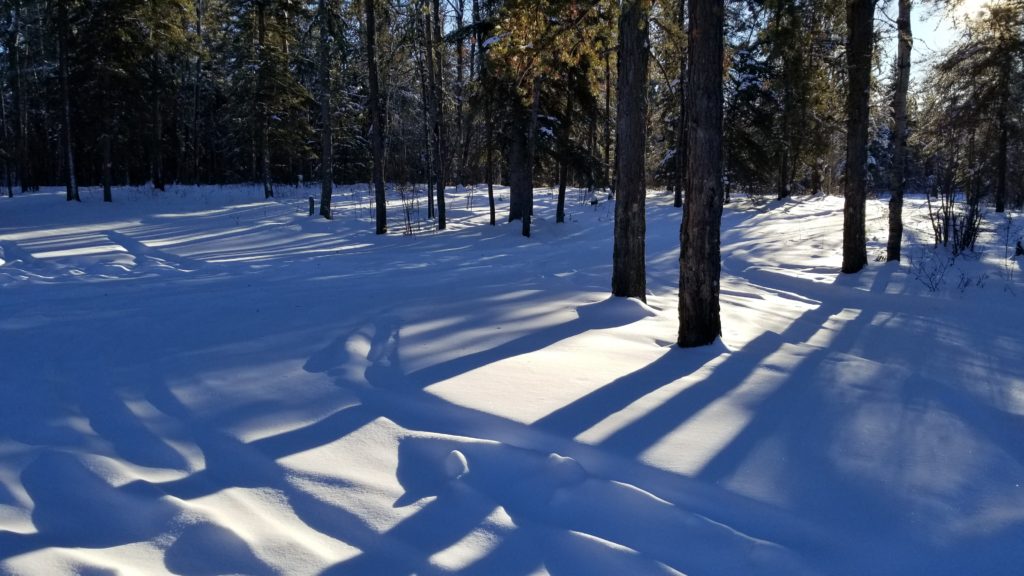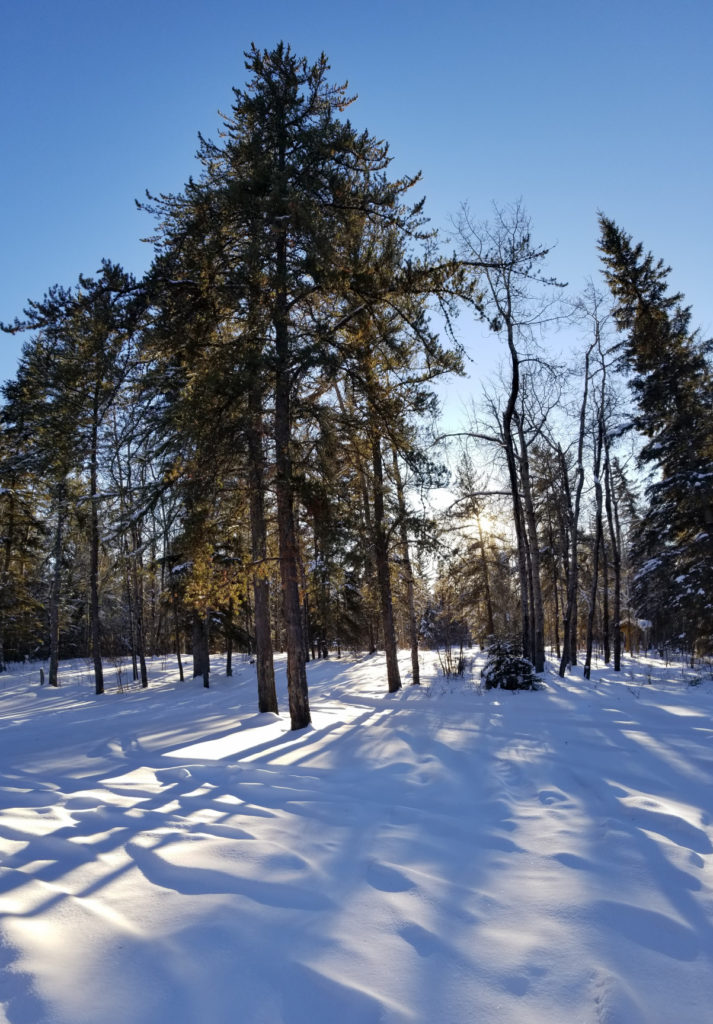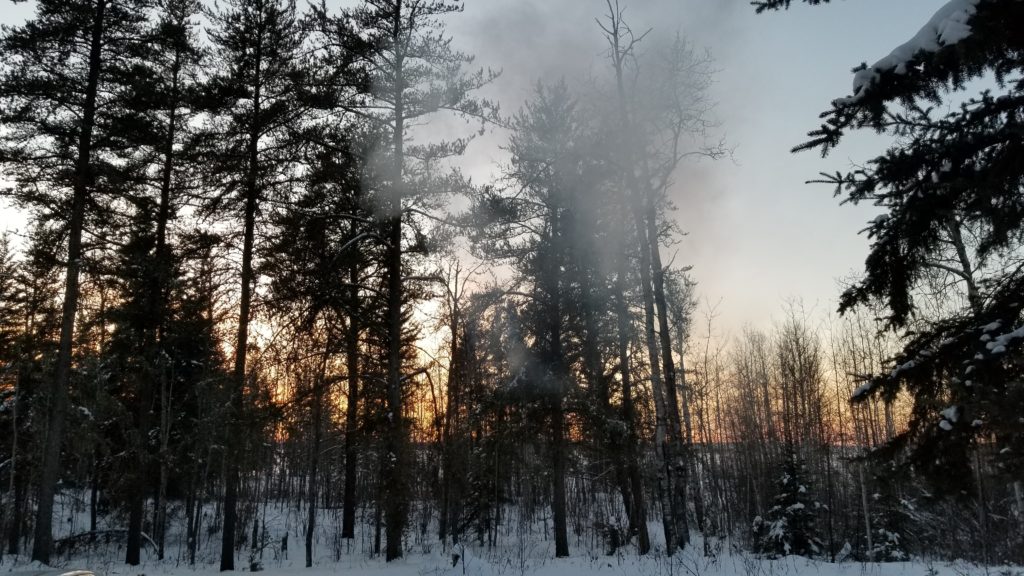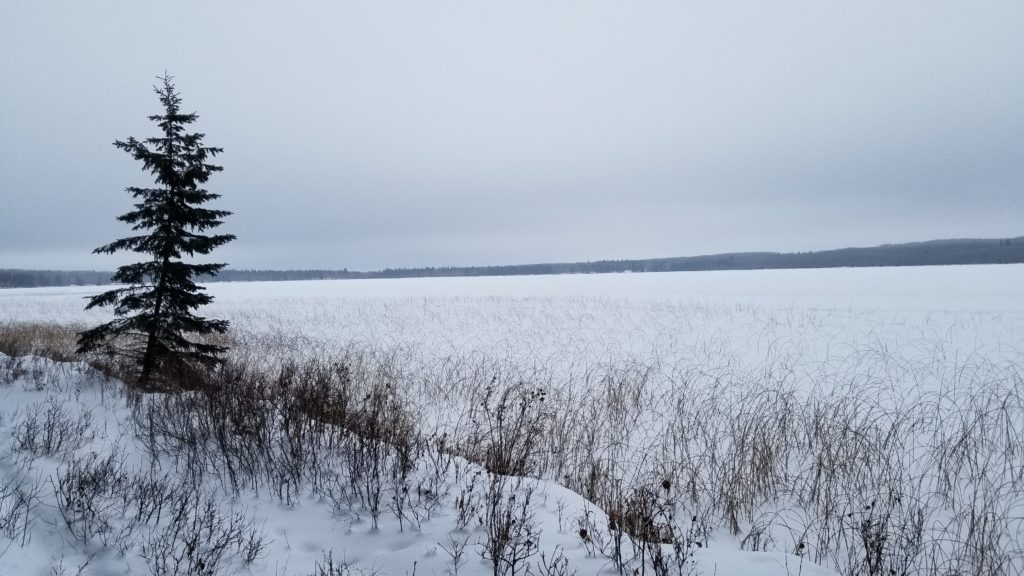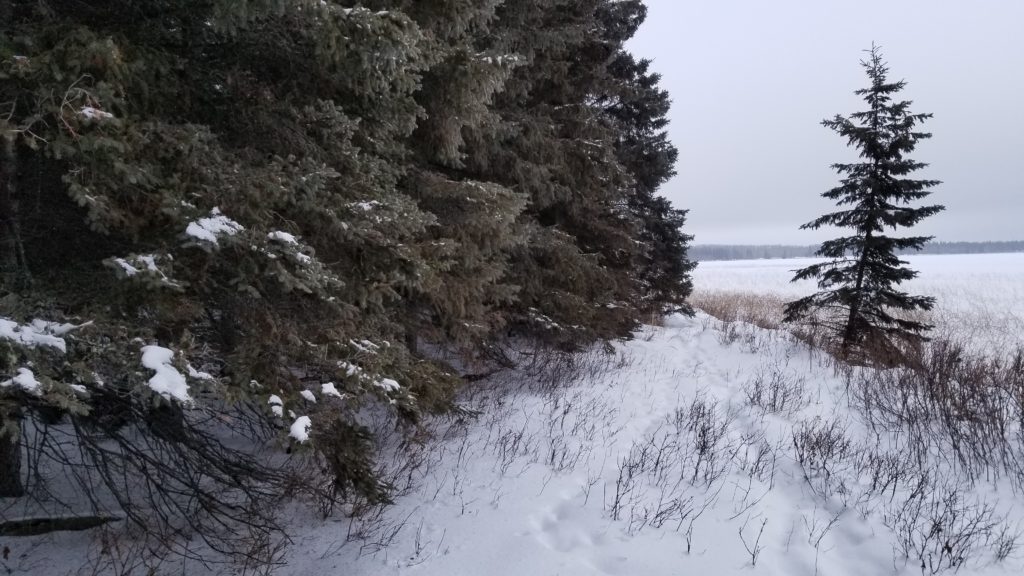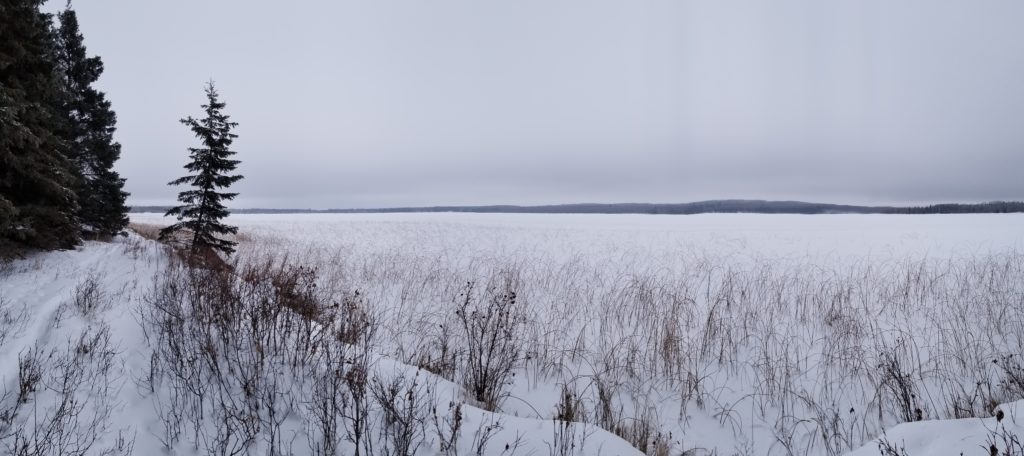There are always more changes even as one preaches (one hopes) but here are some ‘final’ edits, mostly contributed by another pastor. Emphasis marks of underlined text and bold is lost, so you’ll have to find them on your own.
What do you yearn for? What, if it were to come about today, would fix some of the worst problems you face in your life?
Are you homeless so that a home would be a fulfilled dream? Are you caught in poverty so that a secure income, and benefits for health care, medications, dental, and eye care, along with water, food, clothing, and shelter security would be a fulfilled dream? Are you in captivity to a foreign power, or incarcerated for what you’ve not done, or abused in a relationship you cannot leave, so that freedom would be a palpable change?
Are you suffering ill health which you cannot afford to deal with, or for which there simply is no cure or even treatment? Are you bored with life because there is no challenge left to meet and you no longer hope that anything will become better or have you lost your vision of what could be if … if … but you get stuck because so many dreams have been dashed and there is no light at the end of the tunnel … so that if you were given new hope and new vision to see God’s promises coming to pass, your life would be restored?
What, if it were to come about today, would solve some of the worst problems that we face as a congregation? As a community or city? As a country? As the world?
Would the reversal of climate change, a new energy source that did not eat out the world around us, or a new attitude in every heart that we could provide clean air, water, food security, clothing and shelter, meaningful labour and most importantly, the opportunity to love and be loved … would these bring new life to us all and a bright future for which we could engage in?
What do we hope for?
Jesus’ words reflect the purpose for his life, and the only foundation of hope for the world.
More than once Jesus paraphrases Isaiah to put solid words to what Jesus’ mission is, what he brings to the world:
“The
Spirit of the Lord is upon me,
because he has anointed
me
to bring good news to the poor.
He has sent
me to proclaim release to the captives
and recovery of
sight to the blind,
to let the oppressed go free,
to
proclaim the year of the Lord’s favour.”
These are words that people have heard and based their hopes on for generations though millennia.
These are not throw away words.
Great theologians look to these words calling us to recognize that God has a preferential option for the poor.
Generations since Jesus’ have looked to these words for assurance that God is with them. Today we read them and receive assurance that God is with and for us, here and now. And there is even more!
In Jesus’ time, in his home town, poverty and powerlessness were the norm. Chances are very good the Synagogue had the only books in Nazareth, and likely it only had the Torah and the book of Isaiah to read from. Isaiah’s words still spoke to their unrealized yearnings.
Jesus reads these words in worship, not just reading them, but then sits to teach about them in his home town. He says ‘today these words are fulfilled in your hearing.’
That’s the remarkable difference that Jesus brings. It’s one thing to hope for a home. It’s another to be told there is one right there for you. It’s one thing to hope for a secure income, or medical care, or food, or a new cure, or whatever it is that will set the world right again…. It is one thing to hope for these, and to be reassured that God promises these to us, ‘next year in Jerusalem’. It is a whole other thing, a fabulous and fearful thing to be told that these things are fulfilled in our hearing them.
It demands some response from us! How do we respond?
It’s hard to really take them seriously, as if they are there for us this day; when we look about, and perhaps we have no home, we have no income, we have no food, we have no security, or our health is failing and we know the end will be death too soon, or that what our church, community, city, country, or world desperately need simply is not there.
It is even more difficult when we realize that these words of hope were written by Isaiah as the people sat in exile, hoping to return home.
Isaiah’s words are a bit different than Jesus’, but reverberate with the same sense of profound need and hope:
“61.1 The spirit of the Lord God is upon me,
because the Lord has anointed me;
he has sent me to bring good news to the oppressed,
to bind up the broken-hearted,
to proclaim liberty to the captives,
and release to the prisoners;
2 to proclaim the year of the Lord’s favour,
and the day of vengeance of our God;
to comfort all who mourn;
These same words were read when the exiles did finally return home as in Nehemiah’s and Ezra’s time. The people still carried these hopes because returning from exile did not provide what they needed, for home was not anything like it had been, not by a far cry.
What did the people do?
As we read in today’s OT lesson from the book of Nehemiah:
They worship. And they worship not unlike we do still today: with standing, seeing and bowing as the book is opened and read from, and sitting to hear the interpretation is given to us, and weeping with both sadness and joy at what we hear and understand from God’s word, we often hear that we have great cause to celebrate, rejoice and be thankful for all that we have, for God has not abandoned us.
So today we worship, with spirit and good order: together revering God’s words, listening to the words of music and liturgy, scripture and preaching, eating and drinking together as God’s people in this time and this place.
And with open hearts we hear these words:
The
Spirit of the Lord is upon me, because he has anointed me
to
bring good news to the poor.
He has sent me to proclaim
release to the captives
and recovery of sight to the
blind, to let the oppressed go free,
to proclaim the year of
the Lord’s favour.”
But that they are fulfilled in our hearing, how can that be when we still hope for their fulfillment just as the people of Isaiah’s, Nehemiah’s and Ezra’s, and Jesus’ time.
In the US they honoured Martin Luther King Jr. this past week.
During the March on Washington for Jobs and Freedom on August 28, 1963 King called for civil and economic rights, and an end to racism in the US:
I have a dream … I have a dream … “I have a dream that one day on the red hills of Georgia sons of former slaves and the sons of former slave-owners will be able to sit down together at the table of brotherhood.”…
I have a dream … I have a dream … “I have a dream that my four little children will one day live in a nation where they will not be judged by the color of their skin but by the content of their character.”…
I have a dream … I have a dream … “I have a dream that today… that one day every valley shall be exalted, every hill and mountain shall be made low … and the glory of the Lord shall be revealed, and all flesh will see it together. This is our hope.”
“Let freedom ring…. When we allow freedom to ring … from every city and hamlet … we will be able to speed up the day when all of God’s children … will be able to join hands and sing … “Free at last, Free at last, Great God a-mighty, We are free at last.” copyright 1963 Martin Luther King Jr.
We have a dream. We have a dream. God has a dream for us, too.
And as we hear God’s dream, and hearing it make it our own, and we give our hearts, minds and strength to making it so for others, then it is fulfilled already today in our midst.
We are not alone. The possibilities are not limited to what we are familiar with or what we have done in the past, or what we ourselves can envision.
We are members of one body, the body of Christ. This body has many members with different gifts, different visions, and different possibilities.
We are only limited by our own unwillingness to welcome those members with other visions than we have.
Our future is unlimited as God’s people in this time and place.
We gather to worship, much as we have for millennia, to honour God, to praise, pray, sing and feast together. We gather to give thanks and to fulfill God’s word, also in our midst:
The poor hear good news, the captives are released, the blind see, the oppressed go free, and here it is always the year of the Lord’s favour.
God’s promises are simple and life changing.
We simply pray that they may be fulfilled today in our hearing as well. Amen
The arc of the universe is long but it bends toward justice MLK jr
